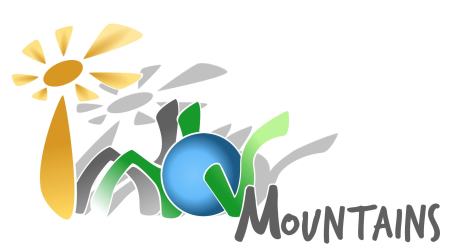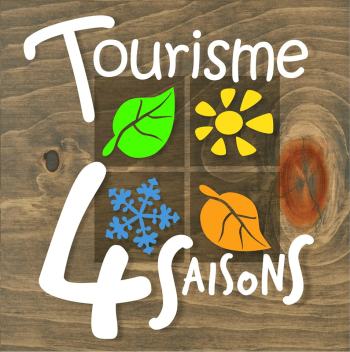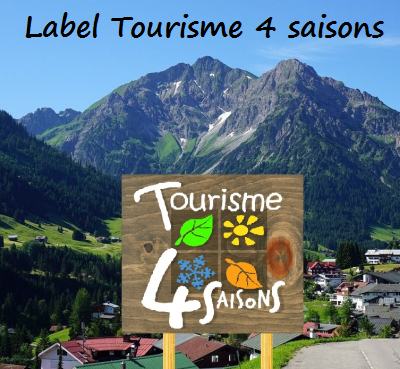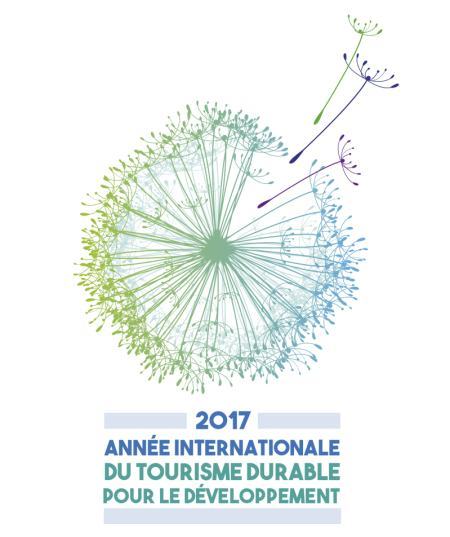
Liens utiles
• ATD Acteurs du Tourisme Durable
• Mountain Wilderness
• France Montagnes
• A.N.E.M.
• Tenerrdis
• Cluster Montagne
• Service montagne de la ville de Grenoble
• Site Chartreuse-Tourisme.com
• Site du Parc Naturel de la Chartreuse
• Site du Parc Naturel du Vercors
• Site du Parc National des Pyrénées
• Site du Parc National des Ecrins
• Site du Parc National de la Vanoise
• Site du Parc National du Mercantour
Published 2017, july 7 â Author : Coline Mionnet
Which strategies for sustainable mountain tourism ?
As part of the International Year for Sustainable Tourism, the 3rd Conference of Euro-Asian Mountain Resorts aimed at identifying new strategies for the development of sustainable mountain tourism. Organized by the World Tourism Organization (WTO), the Georgian Government and the Georgian Mountain Resort Development Federation, it took place in Tbilisi, Georgia from April 4 to 7. Entitled ‘Innovative Strategies for the Development of Sustainable Mountain Tourism’, it hosted international experts to discuss the current challenges of mountain tourism and to present innovative projects such as Brezovica.
What are the future goals of this conference ?
According to UNWTO, here are the objectives set by the 3rd Conference for the next few years :
– To identify the environmental, structural and economic challenges facing mountain destinations and explore opportunities to maximize the economic potential and social evolutions of local communities through the development and management of sustainable mountain tourism.
– To understand the need to develop a ‘mountain tourism culture’ to stimulate activities in these areas and encourage entrepreneurs to invest in mountain tourism.
– To create a platform among relevant partners from Western Europe, Eastern Europe and Asia to exchange best practices and expertise on mountain tourism.
– To explore current and future trends in mountain visitor behaviors and opportunities to develop niche markets through innovative experiences and products.
What problems have been raised ?
Several French speakers were present, notably Nathalie Saint-Marcel, Deputy Director of Cluster Montagne, an association of French mountain professionals, and Pascal Roux, CEO of MDP Consulting, a tourism engineering firm.
During the Conference, mountain professionals focused on issues such as:
– the future of mountain tourism (market trends, challenges, seasonality, sustainability issues, climate change, etc.)
– spatial planning and urbanization, mobility and transport in mountain destinations, structures and business models,
– investment policies and tools to attract investors and entrepreneurs,
– diversified experiences and products to improve the competitiveness of these destinations,
– innovative marketing practices, use of new, intelligent technologies.
The example of Brezovica resort in Kosovo
Brezovica is a ski resort established in 1983 in the Sharr / Å ar Mountains Nature Park, south of Kosovo. But in 2008, only a part of the lifts operated and frequent power cuts disrupted operations.
A privatization procedure for the resort was therefore launched by the government of Kosovo in 2008, with the aim of modernizing it. The consortium led by the French company MDP Consulting won the tender.
The objectives of the Brezovica modernization project include raising it to international standards by developing tourism and a four-season economy with a wide range of services and products in order to maximize the local and national benefits of the project .
But the environmental impact of the project is not to be outdone since the natural heritage of the territory of the resort ‘will be preserved in accordance with the principles of sustainable development and environmental management,’ according to the company MDP Consulting. Finally, the modernization of Brezovica should also promote access to employment for the local population.
According to Pascal Roux, CEO of MDP Consulting, ‘about 3000 jobs should be created thanks to the project and favor employment in this region of the country (servers, barmaid, lift operators, etc.)’
One can only hope that Brezovica will become an example of success for 4 seasons sustainable tourism in mountain areas.
Sources & links
Third Euro-Asian mountain resorts conference (english)






